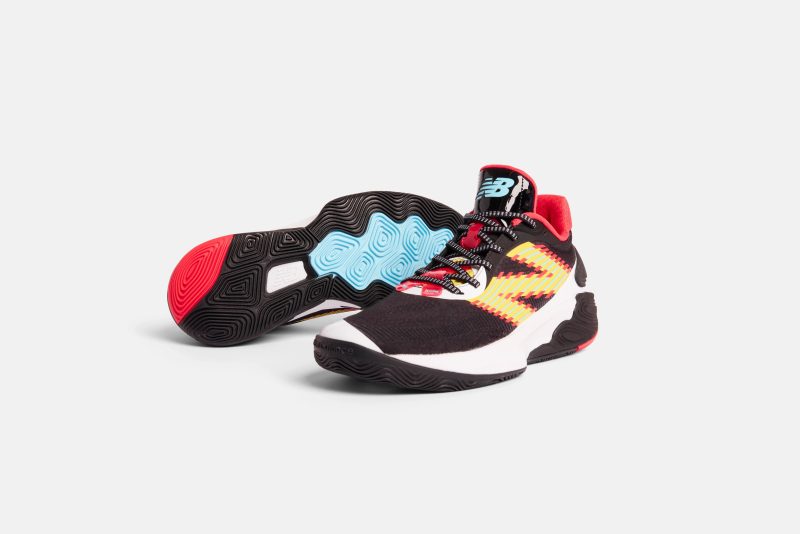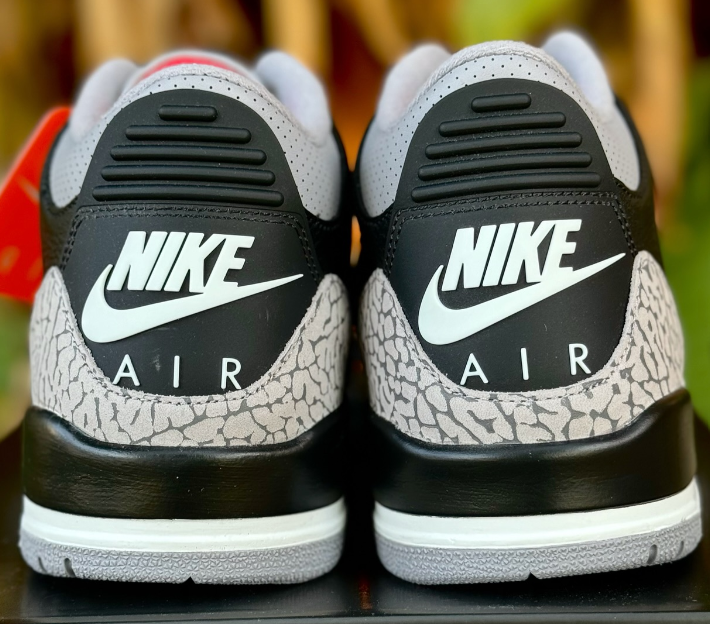T0INE
formerly toine2983
- 66,601
- 72,705
- Joined
- Dec 21, 2005

As far apart as both sides are y'all expected everything to be resolved this week?
I've prepared myself for a long lockout; football provides a nice distraction up until February, hopefully the lockout is over by then.






